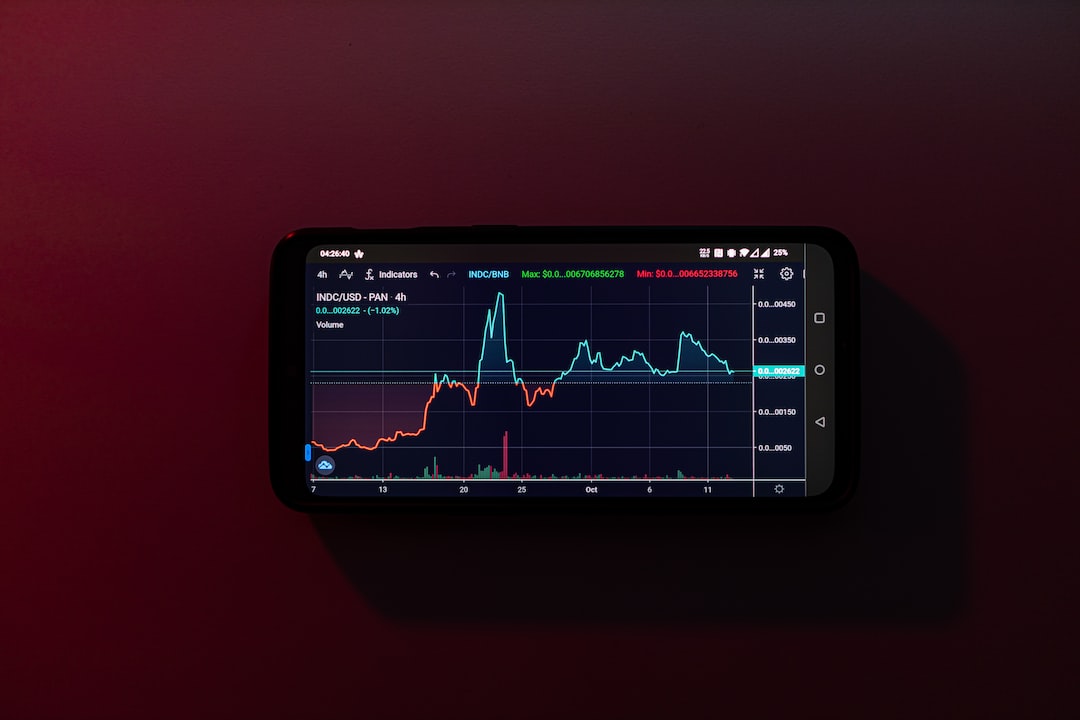Node.js vs. Other Backend Technologies: A Comparative Analysis
When it comes to cryptocurrency, having a reliable and efficient backend technology is crucial. The choice of backend technology can greatly impact the performance and scalability of your cryptocurrency platform. In this article, we will compare Node.js with other backend technologies and evaluate their suitability for cryptocurrency applications. So, let’s dive in!
Why Node.js?
Node.js is a popular server-side runtime environment that is built on Chrome’s V8 JavaScript engine. It allows developers to write server-side code using JavaScript, a language that is widely known and used. This advantage means that developers with frontend experience can easily transition to backend development using Node.js.
Performance and Scalability
One of the key advantages of Node.js is its event-driven, non-blocking I/O model, which enables it to handle numerous concurrent connections efficiently. This architecture makes Node.js an ideal choice for cryptocurrency applications that require real-time data processing and low latency. The ability to handle high volumes of requests in real-time is crucial when dealing with the fast-paced world of cryptocurrencies.
Community and Ecosystem
Another factor that sets Node.js apart from other backend technologies is its vibrant community and extensive ecosystem. Node.js has a vast selection of open-source modules and frameworks that can be easily integrated into your cryptocurrency platform. These modules provide developers with ready-made solutions for common backend tasks, such as authentication, database management, and API integrations. This robust ecosystem allows for rapid development and reduces the time and effort required to build a cryptocurrency application from scratch.
Flexibility and Scalability
Node.js offers great flexibility when it comes to scaling your cryptocurrency platform. It supports horizontal scaling, which means that you can easily add more servers to accommodate increased traffic. Node.js also integrates well with cloud platforms such as AWS and Azure, making it easy to scale your application as your user base grows. Additionally, its lightweight nature allows for efficient resource utilization, resulting in cost savings in terms of hosting expenses.
Security
Security is of utmost importance in the cryptocurrency world, and Node.js provides a secure runtime environment. It has a built-in ecosystem of security modules that can handle tasks such as authentication, encryption, and protection against common security threats. By leveraging these modules, developers can ensure that their cryptocurrency platforms are secure and protected against attacks.
Node.js vs. Other Backend Technologies
Now, let’s compare Node.js with other popular backend technologies such as Python’s Django and Ruby’s Ruby on Rails.
When it comes to performance and scalability, Node.js has the upper hand. Its non-blocking I/O model allows it to handle concurrent connections efficiently, making it highly suitable for real-time cryptocurrency applications. Django and Ruby on Rails, on the other hand, are more suited for traditional web applications that require less real-time processing.
In terms of flexibility and scalability, Node.js again shines. Its lightweight and modular nature make it easy to scale and adapt to changing demands. Django and Ruby on Rails, while powerful, may require more configuration and setup to achieve the same level of flexibility.
Common FAQs
Q: Is Node.js better than other backend technologies for all types of applications?
A: It depends on the specific requirements of your application. Node.js is particularly well-suited for real-time applications, including cryptocurrencies. However, if your application requires more traditional web functionality, other backend technologies like Django or Ruby on Rails may be more appropriate.
Q: Can I use Node.js with other languages?
A: Yes, Node.js can be used in conjunction with languages such as Python, Java, or C++. Node.js provides a runtime environment that enables developers to execute JavaScript code on the server-side, while still allowing them to use other languages for specific tasks.
Q: What about security? Is Node.js secure?
A: Yes, Node.js provides a secure runtime environment. It has a vast selection of security modules that can be easily integrated into your application to handle tasks such as authentication and encryption. However, it’s important to ensure that you follow best practices and stay updated with the latest security updates to maintain a secure application.
In conclusion, Node.js offers a compelling choice for developing cryptocurrency applications. Its performance, scalability, flexibility, and security make it an ideal backend technology for handling the complexities and demands of the cryptocurrency world. By leveraging Node.js and its vibrant ecosystem, developers can build robust and efficient cryptocurrency platforms that can handle real-time data processing and provide an exceptional user experience. So, why wait? Start exploring Node.js for your next cryptocurrency application development today!





 By
By
 By
By
 By
By
 By
By
 By
By